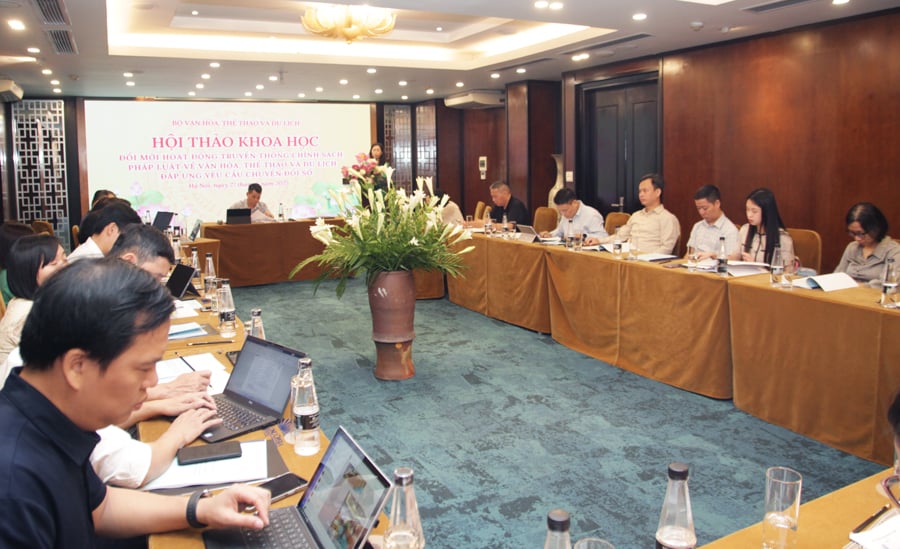
Overview of the Workshop. Photo: TITC
Communicating policies and laws during the process of building and perfecting laws and organizing the implementation of legal documents is an important requirement. In recent times, the Ministry of Culture, Sports and Tourism has systematically implemented policy and law communication, made communication plans and organized policy communication according to the plan.
According to Mr. Pham Cao Thai, Director of the Legal Department, in the context of strong national digital transformation, policy and legal communication in the fields of culture, sports and tourism requires innovation in approach, content and technology, thereby enhancing interaction and narrowing the gap between state agencies and people and businesses. "Innovation in communication of culture, sports and tourism policies is not only an internal need of the industry but also a requirement from information recipients in the digital age" - Mr. Pham Cao Thai commented.
The scientific workshop “Innovation in communication activities of policies and laws on culture, sports and tourism to meet the requirements of digital transformation” was organized to analyze the current situation and issues; at the same time, propose specific solutions to innovate communication activities of policies and laws in the fields of culture, sports and tourism in the current context of digital transformation.
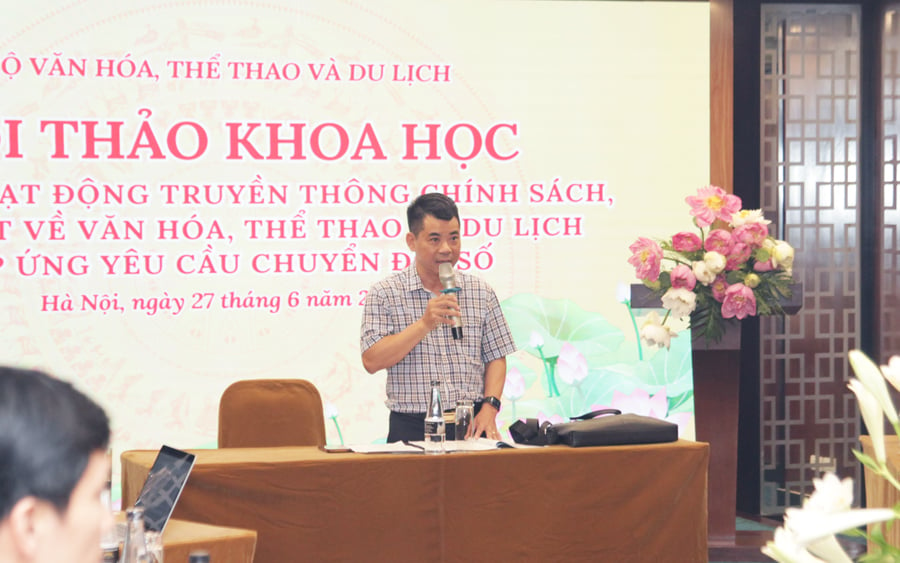
Director of the Legal Department Pham Cao Thai chaired the workshop. Photo: TITC
At the workshop, delegates shared many ideas and practical experiences in communicating policies and laws in the field of culture, sports and tourism. The shared ideas emphasized the importance of digital transformation and technology application in communicating policies and laws. In addition, the units also said that it is necessary to develop a clear communication plan; effectively coordinate in building communication forms, choosing effective communication times; and closely coordinate with agencies and units in the Ministry of Culture, Sports and Tourism. The Department of Grassroots Culture, Family and Library has applied digital transformation activities in policy communication, integrating mobile communication activities on culture at the grassroots level. The Department of Performing Arts organized many policy communication channels, taking advantage of communication through celebrities. The Ministry's Office proposed to promote the application of digital transformation in communication among civil servants and public employees under the Ministry, and strengthen communication through social networking systems to attract more public attention.
The representative of the Press Department said that in the first 6 months of 2025, about 21% of press articles promoted cultural, sports and tourism activities, an impressive figure showing public interest as well as the effectiveness of management of cultural, sports and tourism. The representative of the Press Department also said that it is necessary to strengthen close ties between policy-making agencies and media units; have a specific, long-term communication strategy; easy-to-understand content to increase access for people and businesses, and improve propaganda effectiveness.
Regarding the communication to promote the image of Vietnam in general and the field of culture, sports and tourism in particular to the world, the representative of the Department of Grassroots Information and External Information said that it is necessary to promote effective communication, bringing values to the country such as promoting foreign investment, increasing the number of international tourists, developing the brand value of Vietnamese products globally... Mobilizing both State resources and social resources to participate in promoting culture, sports and tourism policies to the world, effectively serving the implementation of the country's strategic goals. Focus on training a foreign information force with strong political will, high professional qualifications, professional working style, and sharp awareness.
From the practical implementation of policy communication activities during the process of developing the Law on Cultural Heritage and documents detailing the implementation of the Law, the representative of the Department of Cultural Heritage shared lessons learned and solutions to improve the quality and effectiveness of policy communication in the field of cultural heritage. That is, policy communication needs to go hand in hand with activities of managing, protecting and promoting the value of cultural heritage, which is a fulcrum to help increase transparency, consensus and feasibility in implementing the Law on Cultural Heritage and documents guiding the implementation of the Law. Proactively integrate communication into the entire policy development cycle; develop a communication plan from the time of developing the Law and throughout the policy implementation process. Strengthen inter-sectoral coordination in organizing communication to ensure multi-dimensionality, comprehensiveness and the ability to spread policy information. Clearly identify the communication target group and choose appropriate forms; Depending on the policy content and scope of impact, there should be an approach and communication language appropriate to each specific target group. Increase interaction in communication, create space to receive feedback and criticism from society. Applying digital technology and taking advantage of social networking platforms will contribute to expanding the reach, increasing the level of interaction and spreading of policy content to diverse target groups, including remote communities and disadvantaged groups in society.
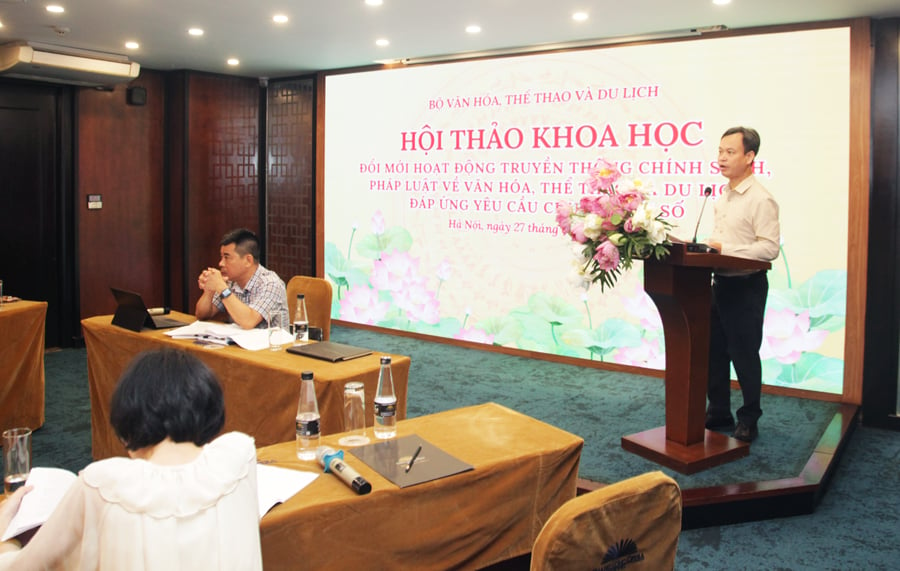
Director of the Tourism Information Center Hoang Quoc Hoa delivered a speech at the Workshop. Photo: TITC
Speaking at the workshop, Mr. Hoang Quoc Hoa - Director of the Tourism Information Center (Vietnam National Administration of Tourism) said that in recent times, with its functions and tasks, the Tourism Information Center has focused on comprehensively communicating major policies of the Party and State on tourism development; programs, projects, plans, circulars of the Ministry of Culture, Sports and Tourism, Vietnam National Administration of Tourism related to industry management such as marketing strategies, product development strategies, community tourism development projects, ecotourism, projects on digital technology application... At the same time, it has strongly promoted tourism stimulus programs launched by the Ministry of Culture, Sports and Tourism, Vietnam National Administration of Tourism to create high spread.
In addition, with the characteristics of tourism as a comprehensive economic sector, the Center has also communicated and disseminated legal policies of sectors related to tourism such as visas, immigration, trade, agriculture, aviation, railways, sea routes, health, etc.
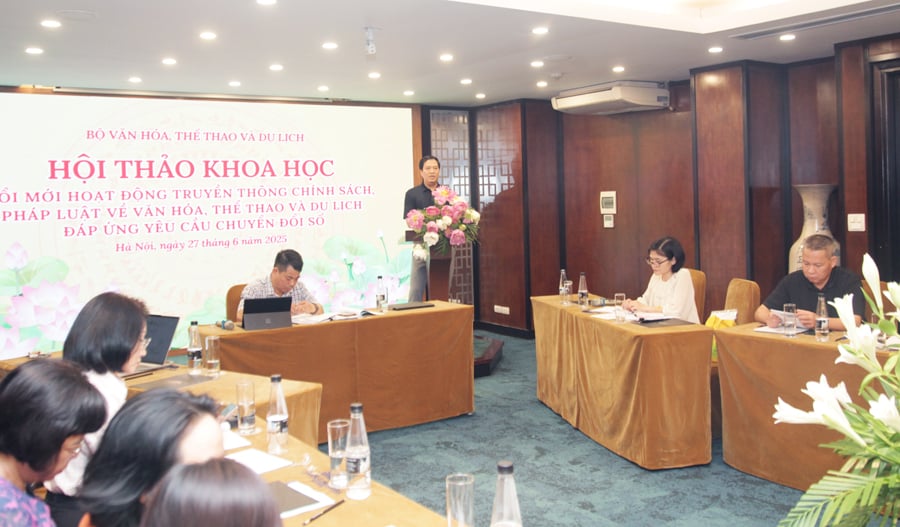
Opinions at the Workshop all emphasized the importance of digital transformation and technology application in communicating policies and laws. Photo: TITC
The Tourism Information Center also diversifies many ways to express content including articles, images, video clips, infographics, audio, etc., thereby helping readers easily access and grasp it with many different senses. Maximizing the strengths of digital platforms such as websites, social networks (Facebook, Zalo, YouTube, etc.) to spread information quickly, effectively, and with high interactivity. The digital information channels of the Vietnam National Administration of Tourism attract a high number of visitors and are a regular source of reference information for central and local news agencies and newspapers when reporting on tourism activities. Since January 2025, the Tourism Information Center has published the Travel+ special issue, not only promoting the beauty of Vietnamese tourism but also analyzing industry development policies and strategies to create an in-depth information channel, contributing to raising understanding and policy awareness throughout the industry.
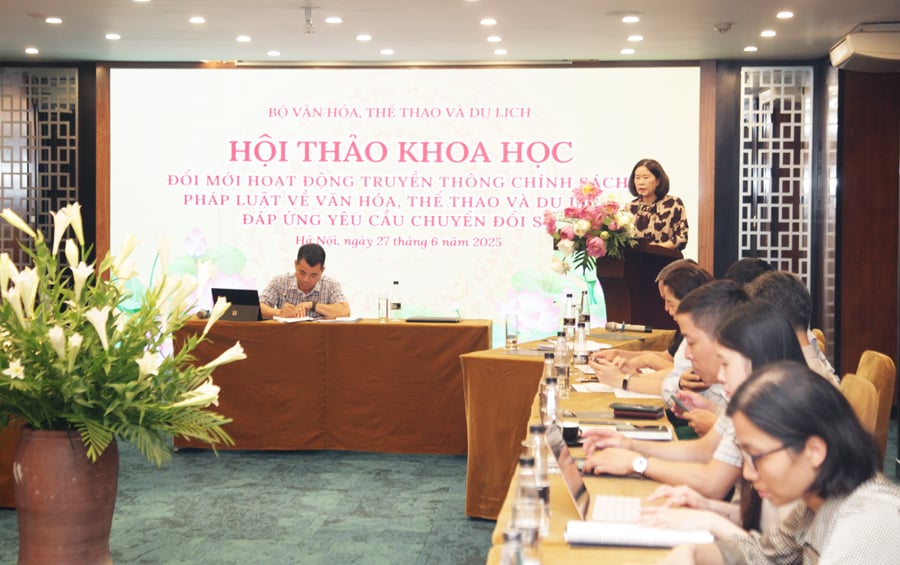
Communicating policies and laws in the fields of culture, sports and tourism requires innovation in approach, content and technology. Photo: TITC
Mr. Hoang Quoc Hoa also said that policy communication must always adhere to the policies of the Party and State, be well-organized, have strategic orientation and be flexible in implementation. It is necessary to proactively develop a communication plan early, from a distance, and deploy communication regularly, continuously and repeatedly to have enough time to build public awareness. Accelerate the application of technology such as AI, big data, develop many different digital information channels... to provide information to users.
Sharing more about the tourism sector, Mr. Pham Cao Thai - Director of the Legal Department said that the tourism industry has effectively implemented policy communication activities to attract international tourists, develop products and services, promote destination brands and the country's image. The strong growth of tourism in recent times has been assessed by the Government as a bright spot in socio-economic development, including the important contribution of policy communication to bring tourism development into life.
At the end of the workshop, Director of the Legal Department Pham Cao Thai highly appreciated the opinions of the delegates, and said that the Legal Department will receive opinions, synthesize, and report to the leaders of the Ministry of Culture, Sports and Tourism to have recommendations to perfect effective and practical policy communication solutions, contributing to making the dissemination of laws of the Ministry of Culture, Sports and Tourism more and more extensive.
According to Vietnam National Tourism Administration
Source: https://bvhttdl.gov.vn/day-manh-chuyen-doi-so-trong-truyen-thong-chinh-sach-nganh-vhttdl-20250630081220611.htm


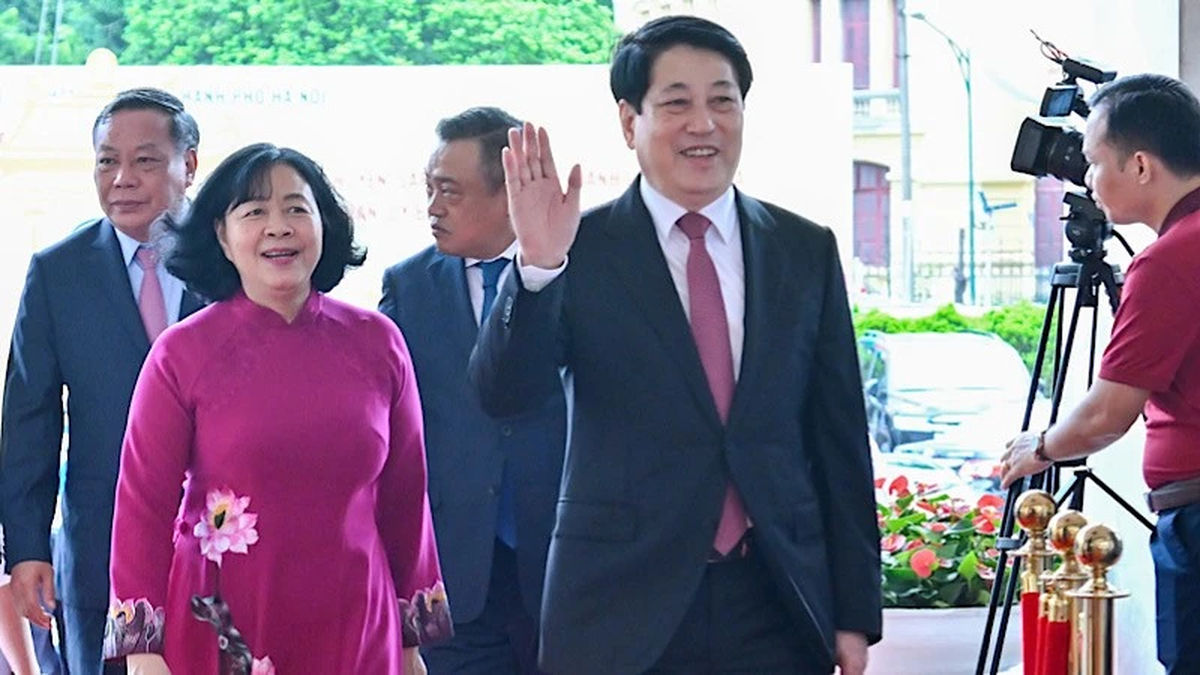




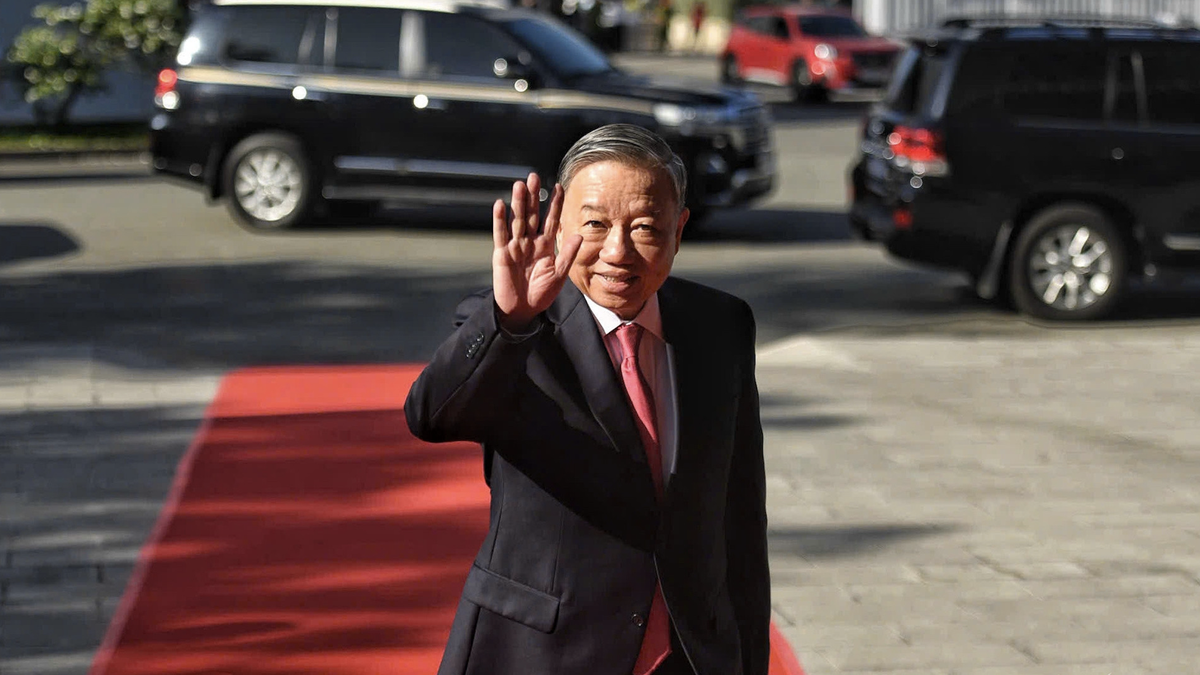
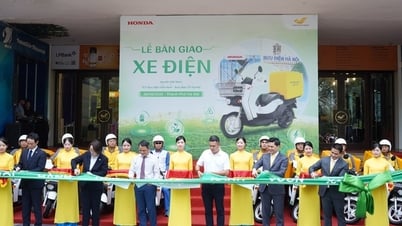

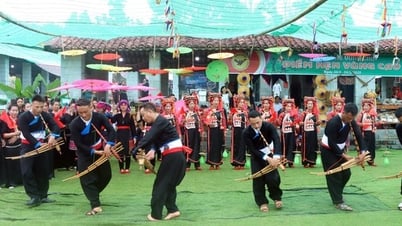
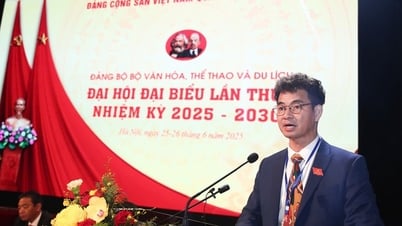
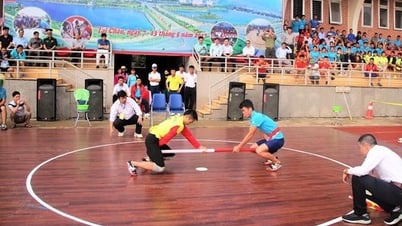
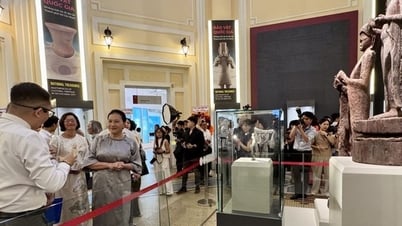
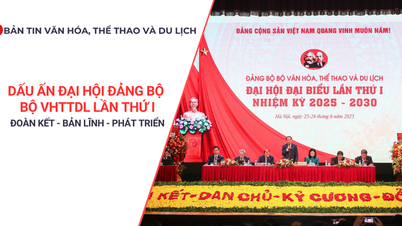




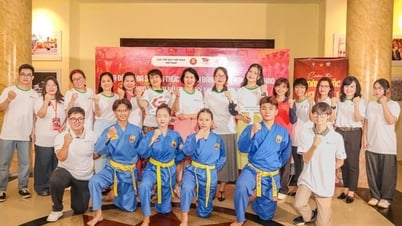
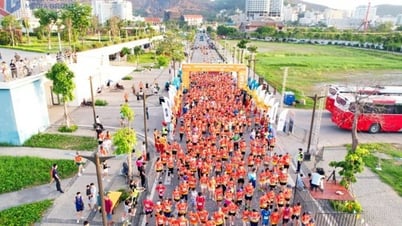
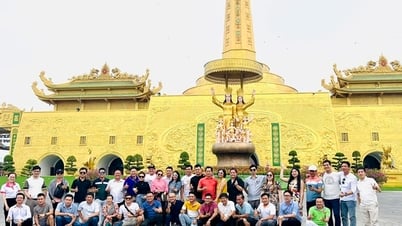
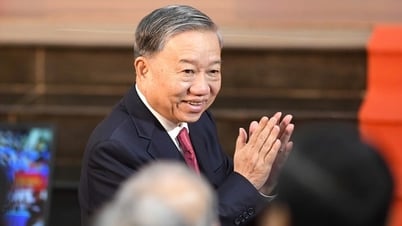
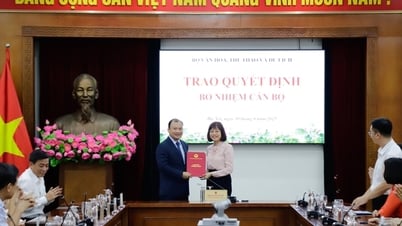



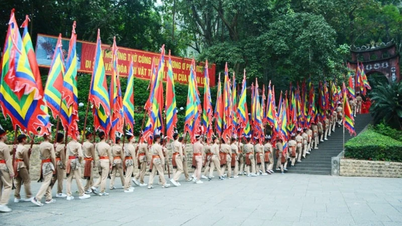

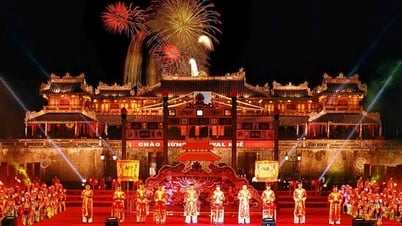

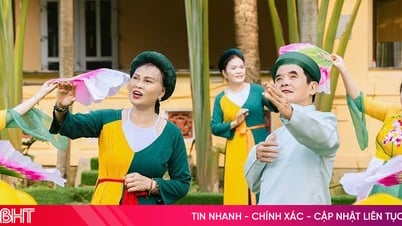




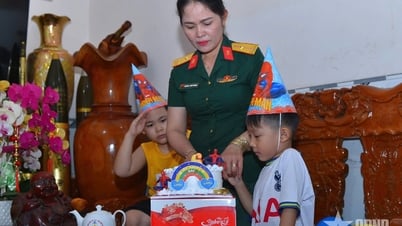
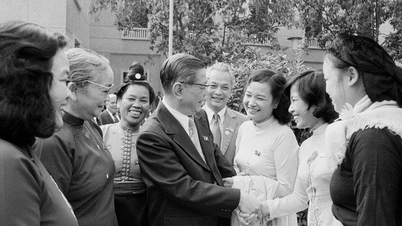




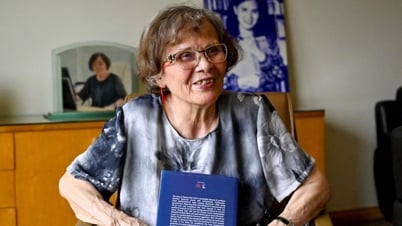



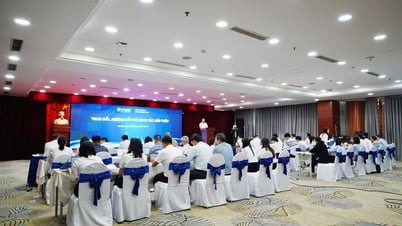




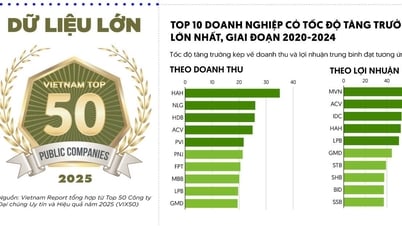

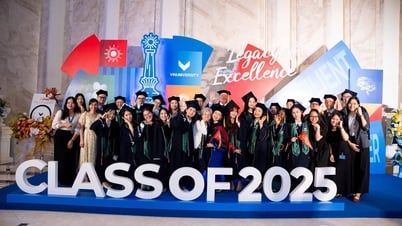

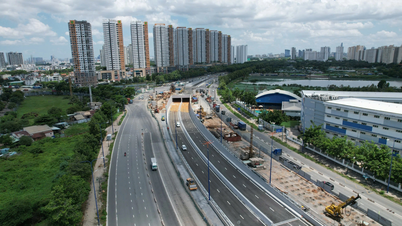

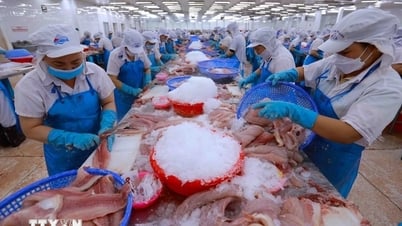


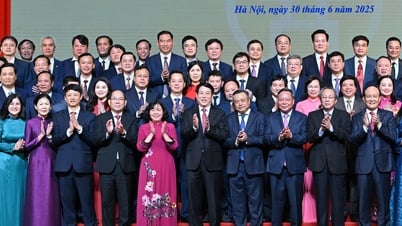

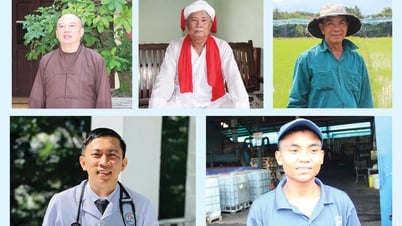

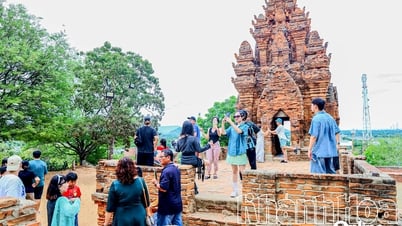
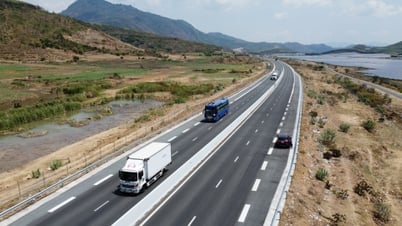
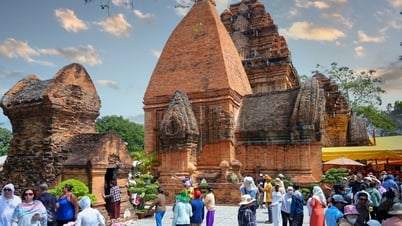












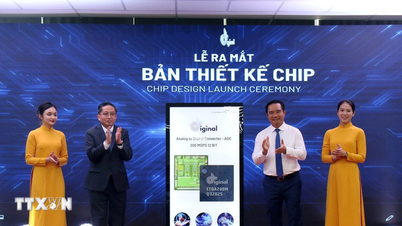




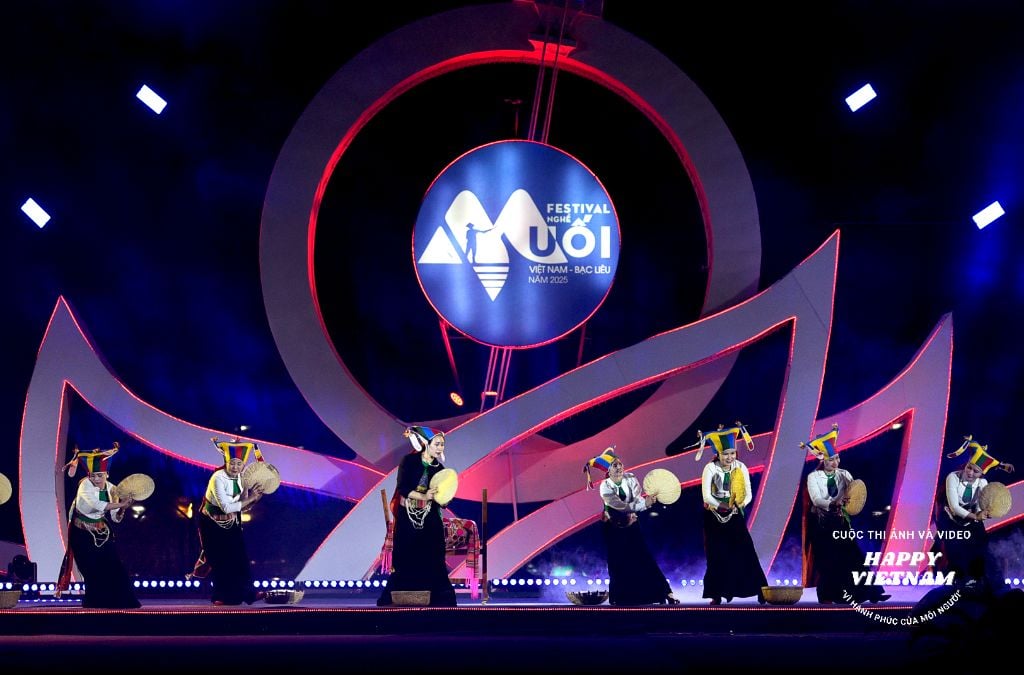
Comment (0)